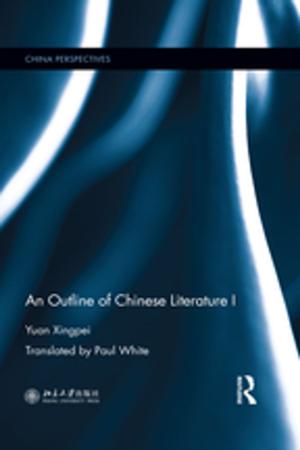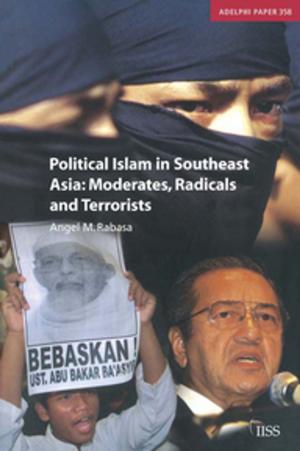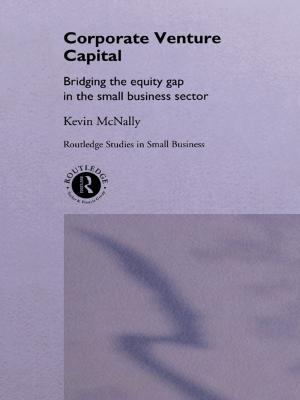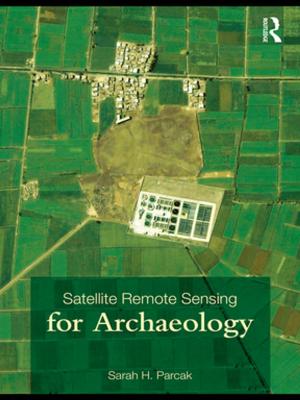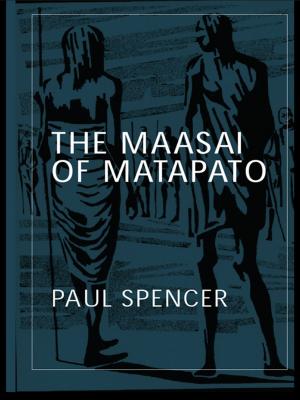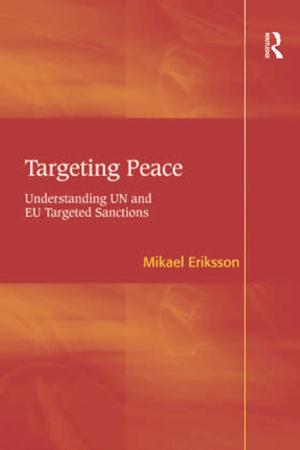| Author: | ISBN: | 9781317979937 | |
| Publisher: | Taylor and Francis | Publication: | September 13, 2013 |
| Imprint: | Routledge | Language: | English |
| Author: | |
| ISBN: | 9781317979937 |
| Publisher: | Taylor and Francis |
| Publication: | September 13, 2013 |
| Imprint: | Routledge |
| Language: | English |
Intelligence was a major part of the Cold War, waged by both sides with an almost warlike intensity. Yet the question 'What difference did it all make?' remains unanswered. Did it help to contain the Cold War, or fuel it and keep it going? Did it make it hotter or colder? Did these large intelligence bureaucracies tell truth to power, or give their governments what they expected to hear?
These questions have not previously been addressed systematically, and seven writers tackle them here on Cold War aspects that include intelligence as warning, threat assessment, assessing military balances, Third World activities, and providing reassurance. Their conclusions are as relevant to understanding what governments can expect from their big, secret organizations today as they are to those of historians analysing the Cold War motivations of East and West. This book is valuable not only for intelligence, international relations and Cold War specialists but also for all those concerned with intelligence's modern cost-effectiveness and accountability.
This book was published as a special issue of Intelligence and National Security.
Intelligence was a major part of the Cold War, waged by both sides with an almost warlike intensity. Yet the question 'What difference did it all make?' remains unanswered. Did it help to contain the Cold War, or fuel it and keep it going? Did it make it hotter or colder? Did these large intelligence bureaucracies tell truth to power, or give their governments what they expected to hear?
These questions have not previously been addressed systematically, and seven writers tackle them here on Cold War aspects that include intelligence as warning, threat assessment, assessing military balances, Third World activities, and providing reassurance. Their conclusions are as relevant to understanding what governments can expect from their big, secret organizations today as they are to those of historians analysing the Cold War motivations of East and West. This book is valuable not only for intelligence, international relations and Cold War specialists but also for all those concerned with intelligence's modern cost-effectiveness and accountability.
This book was published as a special issue of Intelligence and National Security.




